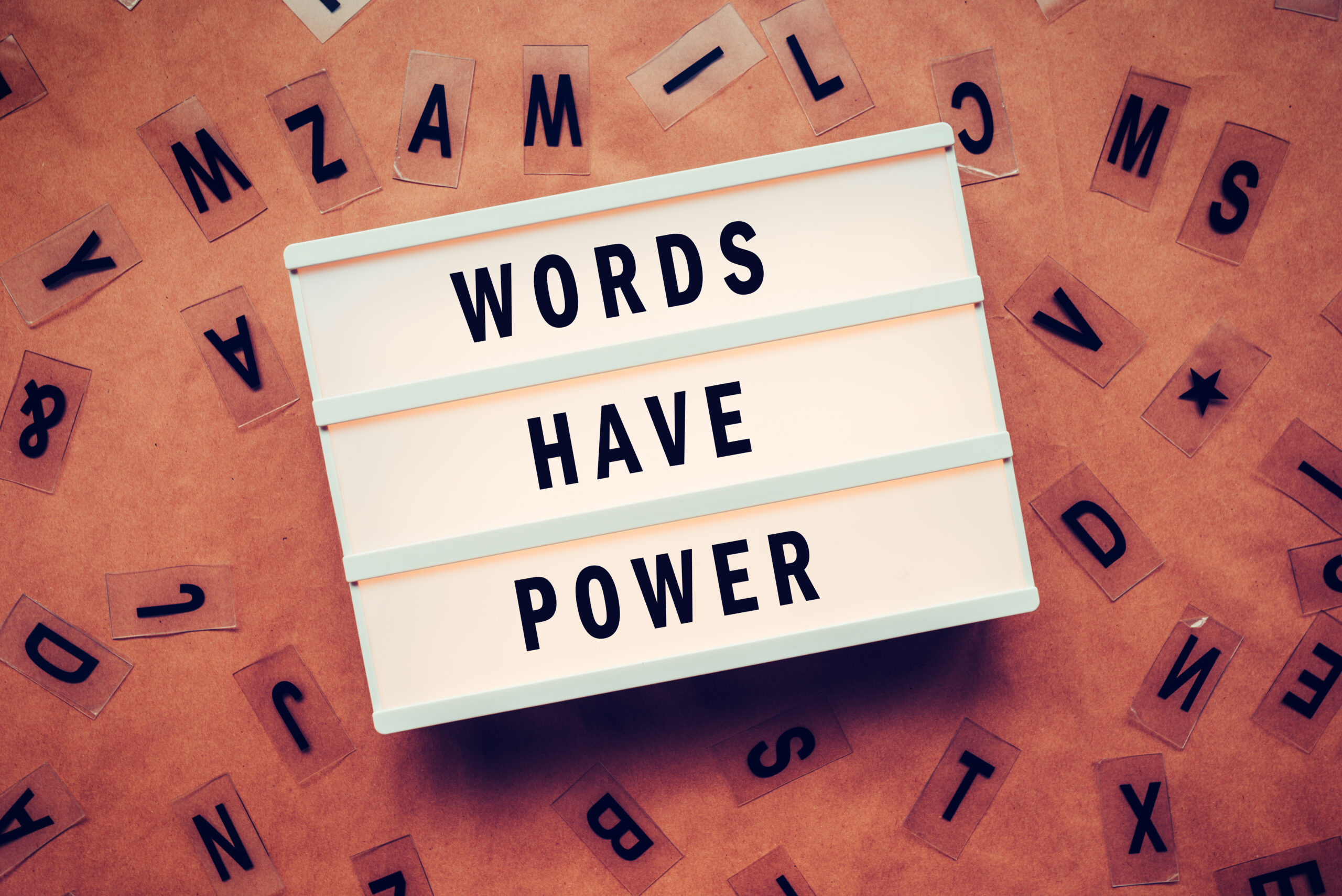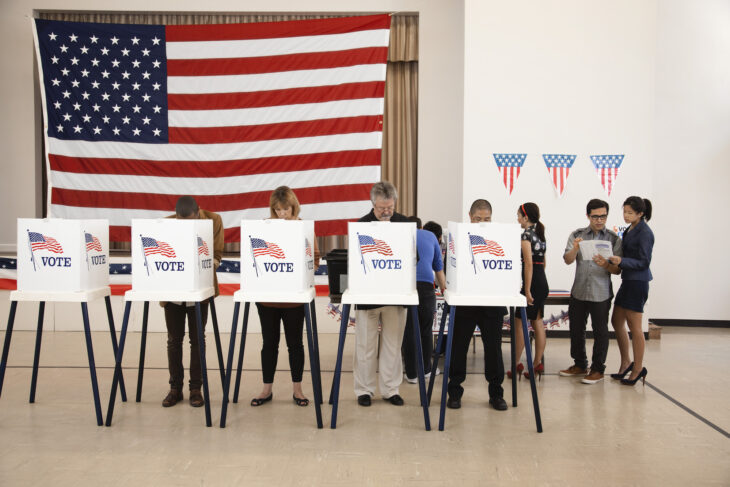
It is amazing how things of shame are sometimes transformed into emblems of hope and pride. The cross in the Christian religion is a case in point. The Roman crucifixion of people, of itself, gave no cause for celebration. However, the torturous and inhumane death of a carpenter from Nazareth in Palestine changed all of that.
In some instances one might be able to understand and even to appreciate the rationale behind such metamorphoses, but then again, there are others which should forever be left in the unfathomable abyss of oblivion. One such thing is the usage of the racial epithet, “Nigger”, which is a slang for the word “Negro.” It was foisted upon and drummed into Black people for centuries. Its usage, it seems, is one that dies hard.
Today, the objects of such a word might not have any control over those who, being terminally hate-filled, love to hurl it and other odious words akin to it in an attempt to demean and to cause mental and emotional harm to others. Offenders are, sadly, protected by such a thing as “free speech” under the US Constitution. One could see why there is some leeway given when it is used in educational contexts like, for example, in history books or in theatrical time period productions. But, for it to be used gratuitously, whether in jest or even with a sense of pride, by the progeny of those who were dehumanized for centuries by it is not only mind boggling but irrational.
Many Afro-Americans — especially in the field of entertainment — have no qualms about using the word to make a buck. It is routinely bandied about by our youth in idle banter as, to them, “It ain’t nuthin!” The historical context in which it was hatched completely escapes them. Those who try to provide perspective towards its abandonment are often met with responses ranging from giddy frivolity to misplaced opprobrium. The usage of the “N” word, which insulted their forebears for generations, leaves them unfazed — though it lies in the same gutter as someone “tellin’ them ’bout their momma.” Accusing them of being “a snitch,” or of being “gay,” or of, possibly, being “a Socialist,” is more likely to get a heated reaction.
Upon reading Remembering Slavery — African Americans Talk About Their Personal Experiences of Slavery and Emancipation this writer was dismayed at how often the “N” word was used by former slaves to describe themselves, their kith and their kin. It was uttered, matter of factly, in tones devoid of shame or hatred. They were no longer the children of kings, queens, chiefs, warriors, or of wise old men and women of Africa. They had assumed an inglorious label that was affixed to them by their kidnappers and enslavers.
One could understand why they spoke as they did as that was who they had been taught to believe they were. But the usage of the word smacked of deja vu. This writer is convinced that the latter context of its usage is more tragic than its former because this current generation ought to know better and does not seem to care.
All that having been said, what, therefore, are the implications of the “N” word as used by Black people as they speak among and about each other using it as a term of endearment in the US and elsewhere? Could it be conveying to the world that the white racists still own them mentally — down to the level of their individual and collective subconscious? Does it affirm the warped estimation of their worth by the racists? Does it negate the achievements of such giants of the Harlem Renaissance of the 1920s and 30s such as Claude Mckay, Langston Hughes, Zora Neale Hurston, Marion Anderson, Louis Armstrong, Paul Robeson and Josephine Baker? What of the herculean effort made by Marcus Garvey to lift the self-esteem of Black people? What of the tireless work of Louise Bennett-Coverley, Rex Nettleford, Olive Lewin, Bob Marley, CLR James and George Lamming?
The African Diaspora in the USA, in its attempt to reinvent itself, has looked at how it wanted to be identified as a subculture within the wider American milieu which is mainly Euro-centric. It considered keeping the term “Negro”, from which the derisive “N” word was derived, and it toyed with the ideas of “Coloured” and “Black” before it eventually settled on “African-American.” In reality, the latter two terminologies are both in vogue today with “African-American” appearing on official documentation — both governmental and nongovernmental — which require demographic information. And, despite such thoughtful, sensitive and progressive cultural and political tectonic shifts, the continued use of the “N” word threatens to bespoil and to belie, to a greater or to a lesser degree, such noble efforts. Then again, does it pose any threats at all?
Since the advent of the Black Lives Matter movement — especially up to the time of the protests in the streets against racism in the summer of 2020 — does the “N” word suggest a sort of cultural schizophrenia in the Black man’s struggle for racial equality? Does the usage of the word — as trite as it might appear to be — suggest a “divided house” in the Afro-American community? If the Black man, as he seeks to convince others of his innate and inimitable dignity, cannot demonstrate this to himself, then how can he be expected to convince others in that regard? Why all this angst about white racists in black faced Halloween costumes, about the hanging of nooses, the parading of Confederate flags, and the burning of crosses on lawns and, yet, give the “N” word a pass?
Why all the hullabaloo about systemic racism in housing, in education, in the various professions, in the arts, in politics, in economics, yet nothing about the “N” word? Why the hue and cry about police brutality against minorities, and how Afro-Americans are treated by the media in news reports and the negative effects of such biased journalism on their psyche, but the “N” word has its “rap sheet” expunged, retaining its place in the lexicon of Americana despite its connection to a brutal and sordid chapter in US history?
Does its continued usage, even within the Black community, pose less of a threat to the race than all those other heads of the Hydra of American racism? Is there any truth, in this instance, to the common childhood chant: “Sticks and stones may break my bones, but words will never hurt me”?
Much has been researched and debated in the world of linguistics on how languages shape the psyches of people, how they play a role in the creation of cultures and how they drive behaviours. In Jamaica and elsewhere in the Caribbean such expressions as “niggeritis,” “Are you out of your cotton picking mind?”, “Anything too black not good,” “Yuh nose hole too big,” and “Coolie” are all carryovers from the brainwashing of European colonialism and slavery. This is not new as most of us already know that. But, are there no untoward effects from racist language or ideology?
Where then did the ideas behind such inventions as hair pressing combs, hair relaxers, and skin bleaching creams come from? Why do black women dye their hair blonde? How about the following lyrics written by Buju Banton: “Mi love mi car, Mi love mi bike, Mi love mi money and ting, But most of all, Mi love mi browning”?
One should never underestimate the power of words or that of ideas — never. How we see ourselves in many respects are residuals from threadbare racist propaganda — long disproven and rightly condemned. It was the Greek writer, Nikos Kazantzakis, famous for the novel Zorba The Greek, who said: “My soul comes from better worlds and I have an incurable homesickness of the stars.”
Ah, for the rediscovery of racial dignity. Ah, for the celebration of cultures bestowed by divine providence and not by the intrigue of men. Ah, for the fires of truth and for the light of wisdom which they give. Ah, for an attitude of heart and of mind which exhibit and which extol the following words from Holy Writ: “I am black, but comely….”
Is The ‘N’ Word A Progressive Or Regressive Sign For Afro-American Identity?
By Junior
It is amazing how things of shame are sometimes transformed into emblems of hope and pride. The cross in the Christian religion is a case in point. The Roman crucifixion of people, of itself, gave no cause for celebration. However, the torturous and inhumane death of a carpenter from Nazareth in Palestine changed all of that.
In some instances one might be able to understand and even to appreciate the rationale behind such metamorphoses, but then again, there are others which should forever be left in the unfathomable abyss of oblivion. One such thing is the usage of the racial epithet, “Nigger”, which is a slang for the word “Negro.” It was foisted upon and drummed into Black people for centuries. Its usage, it seems, is one that dies hard.
Today, the objects of such a word might not have any control over those who, being terminally hate-filled, love to hurl it and other odious words akin to it in an attempt to demean and to cause mental and emotional harm to others. Offenders are, sadly, protected by such a thing as “free speech” under the US Constitution. One could see why there is some leeway given when it is used in educational contexts like, for example, in history books or in theatrical time period productions. But, for it to be used gratuitously, whether in jest or even with a sense of pride, by the progeny of those who were dehumanized for centuries by it is not only mind boggling but irrational.
Many Afro-Americans — especially in the field of entertainment — have no qualms about using the word to make a buck. It is routinely bandied about by our youth in idle banter as, to them, “It ain’t nuthin!” The historical context in which it was hatched completely escapes them. Those who try to provide perspective towards its abandonment are often met with responses ranging from giddy frivolity to misplaced opprobrium. The usage of the “N” word, which insulted their forebears for generations, leaves them unfazed — though it lies in the same gutter as someone “tellin’ them ’bout their momma.” Accusing them of being “a snitch,” or of being “gay,” or of, possibly, being “a Socialist,” is more likely to get a heated reaction.
Upon reading Remembering Slavery — African Americans Talk About Their Personal Experiences of Slavery and Emancipation this writer was dismayed at how often the “N” word was used by former slaves to describe themselves, their kith and their kin. It was uttered, matter of factly, in tones devoid of shame or hatred. They were no longer the children of kings, queens, chiefs, warriors, or of wise old men and women of Africa. They had assumed an inglorious label that was affixed to them by their kidnappers and enslavers.
One could understand why they spoke as they did as that was who they had been taught to believe they were. But the usage of the word smacked of deja vu. This writer is convinced that the latter context of its usage is more tragic than its former because this current generation ought to know better and does not seem to care.
All that having been said, what, therefore, are the implications of the “N” word as used by Black people as they speak among and about each other using it as a term of endearment in the US and elsewhere? Could it be conveying to the world that the white racists still own them mentally — down to the level of their individual and collective subconscious? Does it affirm the warped estimation of their worth by the racists? Does it negate the achievements of such giants of the Harlem Renaissance of the 1920s and 30s such as Claude Mckay, Langston Hughes, Zora Neale Hurston, Marion Anderson, Louis Armstrong, Paul Robeson and Josephine Baker? What of the herculean effort made by Marcus Garvey to lift the self-esteem of Black people? What of the tireless work of Louise Bennett-Coverley, Rex Nettleford, Olive Lewin, Bob Marley, CLR James and George Lamming?
The African Diaspora in the USA, in its attempt to reinvent itself, has looked at how it wanted to be identified as a subculture within the wider American milieu which is mainly Euro-centric. It considered keeping the term “Negro”, from which the derisive “N” word was derived, and it toyed with the ideas of “Coloured” and “Black” before it eventually settled on “African-American.” In reality, the latter two terminologies are both in vogue today with “African-American” appearing on official documentation — both governmental and nongovernmental — which require demographic information. And, despite such thoughtful, sensitive and progressive cultural and political tectonic shifts, the continued use of the “N” word threatens to bespoil and to belie, to a greater or to a lesser degree, such noble efforts. Then again, does it pose any threats at all?
Since the advent of the Black Lives Matter movement — especially up to the time of the protests in the streets against racism in the summer of 2020 — does the “N” word suggest a sort of cultural schizophrenia in the Black man’s struggle for racial equality? Does the usage of the word — as trite as it might appear to be — suggest a “divided house” in the Afro-American community? If the Black man, as he seeks to convince others of his innate and inimitable dignity, cannot demonstrate this to himself, then how can he be expected to convince others in that regard? Why all this angst about white racists in black faced Halloween costumes, about the hanging of nooses, the parading of Confederate flags, and the burning of crosses on lawns and, yet, give the “N” word a pass?
Why all the hullabaloo about systemic racism in housing, in education, in the various professions, in the arts, in politics, in economics, yet nothing about the “N” word? Why the hue and cry about police brutality against minorities, and how Afro-Americans are treated by the media in news reports and the negative effects of such biased journalism on their psyche, but the “N” word has its “rap sheet” expunged, retaining its place in the lexicon of Americana despite its connection to a brutal and sordid chapter in US history?
Does its continued usage, even within the Black community, pose less of a threat to the race than all those other heads of the Hydra of American racism? Is there any truth, in this instance, to the common childhood chant: “Sticks and stones may break my bones, but words will never hurt me”?
Much has been researched and debated in the world of linguistics on how languages shape the psyches of people, how they play a role in the creation of cultures and how they drive behaviours. In Jamaica and elsewhere in the Caribbean such expressions as “niggeritis,” “Are you out of your cotton picking mind?”, “Anything too black not good,” “Yuh nose hole too big,” and “Coolie” are all carryovers from the brainwashing of European colonialism and slavery. This is not new as most of us already know that. But, are there no untoward effects from racist language or ideology?
Where then did the ideas behind such inventions as hair pressing combs, hair relaxers, and skin bleaching creams come from? Why do black women dye their hair blonde? How about the following lyrics written by Buju Banton: “Mi love mi car, Mi love mi bike, Mi love mi money and ting, But most of all, Mi love mi browning”?
One should never underestimate the power of words or that of ideas — never. How we see ourselves in many respects are residuals from threadbare racist propaganda — long disproven and rightly condemned. It was the Greek writer, Nikos Kazantzakis, famous for the novel Zorba The Greek, who said: “My soul comes from better worlds and I have an incurable homesickness of the stars.”
Ah, for the rediscovery of racial dignity. Ah, for the celebration of cultures bestowed by divine providence and not by the intrigue of men. Ah, for the fires of truth and for the light of wisdom which they give. Ah, for an attitude of heart and of mind which exhibit and which extol the following words from Holy Writ: “I am black, but comely….”



